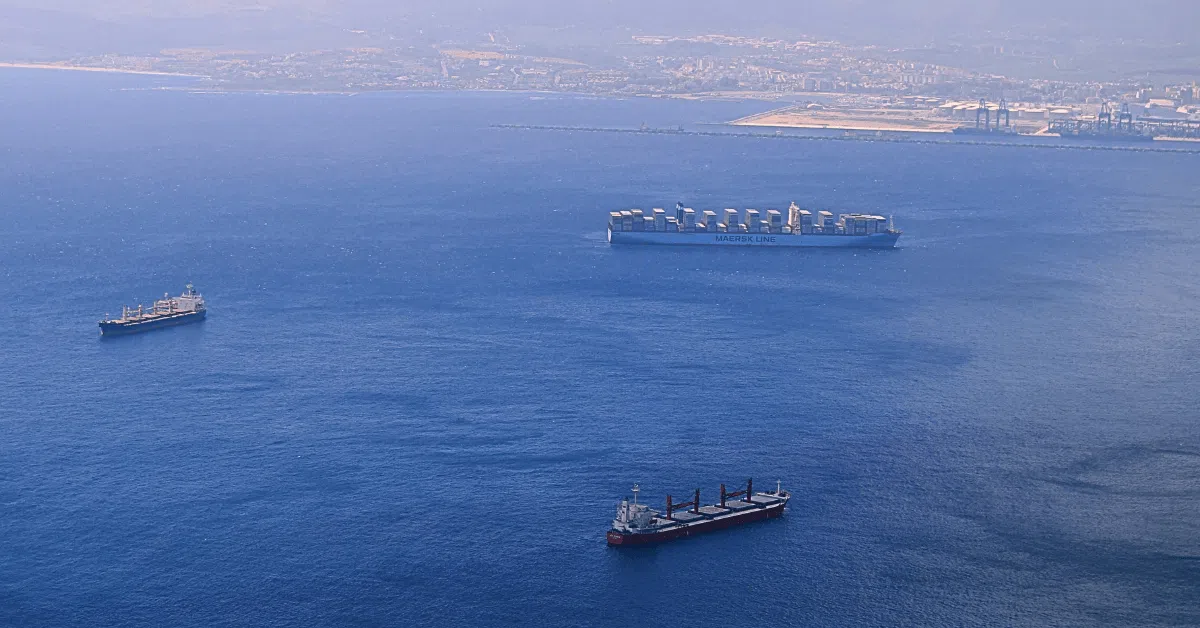Rome, Italy | October 27, 2025 – Enilive, a wholly owned subsidiary of energy giant Eni, has launched the supply of 100% renewable HVO (Hydrogenated Vegetable Oil) diesel for bunkering operations at the key Italian ports of Genoa and Ravenna. The advanced biofuel can now be supplied directly from depot to vessel via barge, and supply agreements are already in place with leading shipping operators. Enilive plans to extend this critical service to the port of Venice by the end of the year.
Advanced HVO biofuel is produced exclusively from waste and residue streams such as Used Cooking Oil (UCO), animal fats, and agro-industrial residues. This fuel is an internationally approved “drop-in” solution: vessels can run on it without any engine modifications, making it an immediately deployable, low-carbon alternative.
Depending on the feedstock, HVO can cut lifecycle greenhouse gas emissions by 60–90% compared with traditional marine diesel, fully aligned with EU Renewable Energy Directive (RED II) criteria. Crucially for the maritime sector, the fuel supports compliance with impending FuelEU Maritime obligations and helps shipping companies reduce exposure to expensive Emission Trading System (ETS) costs.
Enilive operates advanced biorefineries in Venice and Gela, with a current HVO production capacity of 1.65 million tonnes per year, positioning it among Europe’s largest producers. This global footprint is supported by a 50% joint venture biorefinery in Louisiana, USA, and three more facilities under construction in Malaysia, South Korea, and Livorno, Italy. By 2030, Enilive aims to exceed 5 million tonnes of biofuel production annually, firmly positioning itself as a key supplier for the decarbonizing shipping sector.
HVO diesel offers shipping companies a practical, immediate way to lower Scope 3 emissions without operational disruption. With EU regulations tightening and pressure from customers and ports growing, readily available, compliant fuels like HVO are rapidly becoming essential tools in maritime decarbonization. For bunker traders, operators, and shipowners, Enilive’s direct-to-ship deliveries in Genoa and Ravenna represent a real, scalable, and readily accessible alternative to conventional marine diesel in one of Europe’s busiest regions.
Eni is an Italian-based global integrated energy company committed to the transition to a low-carbon future. The company’s strategy centers on achieving carbon neutrality by 2050 through a combination of traditional resource optimization, expanded renewable energy capacity, and innovative solutions. Eni focuses heavily on circular economy initiatives, particularly the production of biofuels from waste and agricultural residues, and leverages natural gas as a key transitional fuel to support the energy transition across its global operations.
Enilive, a wholly owned Eni subsidiary, is a key player in the production and distribution of low-carbon energy carriers for transport. Operating over 5,000 service stations across Europe, Enilive is Europe’s second-largest HVO producer, providing ready-to-use fuels like hydrogen, bio-LPG, biomethane, and HVO. Its core mission is to deliver readily available low-carbon fuels, including this new service for the maritime sector.
This expansion of HVO bunkering to key Italian ports is more than a logistical upgrade; it provides shipping operators with a practical, compliant, and immediately deployable solution to rapidly decarbonize operations. As EU and global maritime regulations tighten—making fuels like HVO essential for meeting carbon reduction targets—Enilive’s move strategically positions the company as a central facilitator of the industry’s energy transition.





